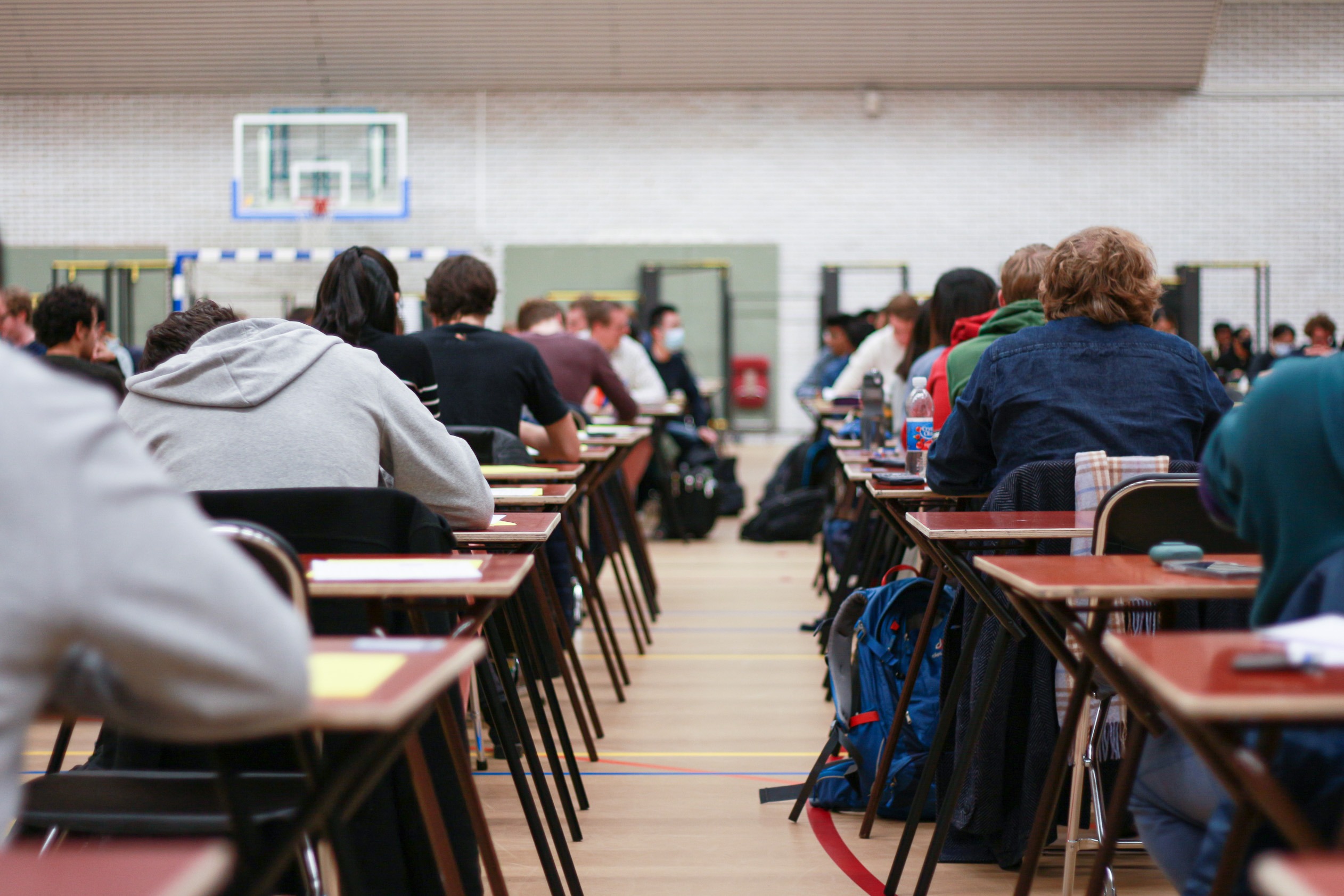Student Mirte Brouwer is calling on TU Delft to support dual degree students. According to her, engineers who have undergone a broad education are highly valuable, but support from TU Delft for these students is very limited. The fact that top athletes, for example, do receive extra support proves that giving extra support would be possible.
(Photo: Justyna Botor)
This academic year, ninety students at TU Delft have the status of top athlete. This status was created so that students who both study and play sports at a professional level receive extra help from university. Help is provided with study planning, financial support and even housing in Delft. It must be hard to combine being a top athlete and a student, so I am glad this support exists.
At sports I am quite average, so I am definitely not entitled to a top athlete status. However, I am familiar with many of the problems that top athletes face. In my case they are caused by a second study. The first year of my bachelor at TU Delft, I mostly did practical work. While I really enjoyed that, I missed reading books and writing essays. That’s why I started a second degree. Both studies are quite different, which is precisely why they complement each other.
On its website about top athletes, TU Delft writes that it “invests in the development of talent in and outside the lecture halls”. But what if those lecture halls are not in Delft?
In my experience, dual degree students at TU Delft are a source of concern rather than joy. When I started my second degree, I noticed very little enthusiasm for my plans from TU Delft. For example, I remember a meeting with my academic counsellor – I wanted to brainstorm about my study planning – in which, over the course of half an hour, he kept repeating that he thought multiple studies were a bad idea. I got no answers to my practical questions. Three years have passed, in which I earned more than 300 study credits, so looking back, his position seems ironic. At the time, it was mostly disappointing.
‘Small things can make a big difference’
My other degree shows things can be different. I can name countless examples, from being able to take exams that are planned at the same time, to attending overlapping lectures, to filling in minor space. My other university always looks for creative solutions so I can combine my studies, while still meeting the same requirements and learning objectives as the other students.
I do not deny that it can be challenging for universities to support dual degree students. It requires customisation and flexibility. But the support that TU Delft gives to top athletes proves that to the university can give individual support to diligent students. Moreover, small things can make a big difference, like the option of following short meetings online, extending an assignment deadline when exam weeks coincide, and academic counsellors and supervisors who believe in you.
The complex problems of our time are interdisciplinary. Just think about the ethical issues regarding copyright that generative AI is raising. For this, society needs computer scientists that are trained in ethics. Or look at the recurring societal discussions about nuclear power plants. For this, society needs physicists who can clearly and unambiguously communicate about how nuclear energy operates. Or look at the modelling of pandemics, the need for which Covid made all too clear. For this, society needs mathematicians who are knowledgeable about public health.
To make a long story short, society needs engineers who have learned more than just engineering to tackle the complex problems of our time. So, support students who want to do a second degree because engineers on the frontiers between disciplines are priceless.
Mirte Brouwer is a student of Strategic Product Design (Faculty of Industrial Design Engineering) at TU Delft. She also studies Theology at the VU Amsterdam and the Protestant Theological University.
Mirte Brouwer is a master’s student in Industrial Design Engineering at TU Delft and a master’s student in Dutch Literature and Literary studies at VU University Amsterdam.
Do you have a question or comment about this article?
m.c.brouwer@student.tudelft.nl


Comments are closed.